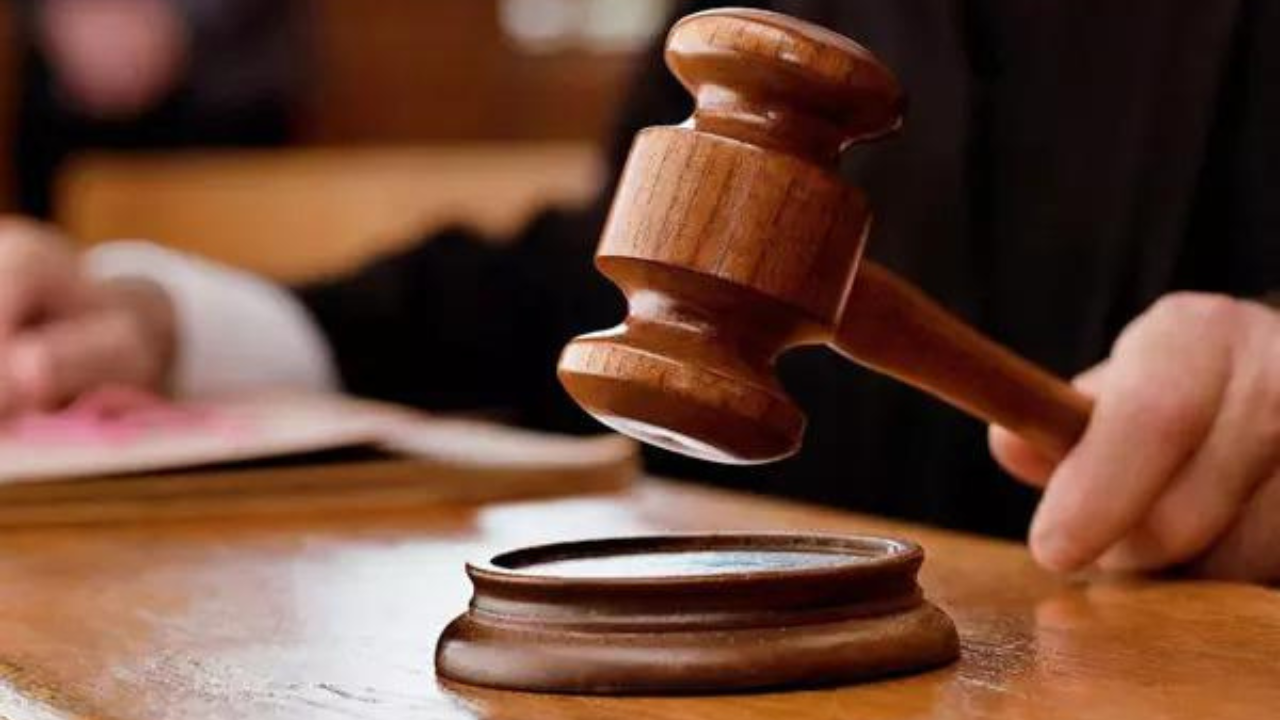Shimla Mosque Demolition Deadline Extended: A Controversial Case Continues
The legal battle surrounding the Sanjauli mosque in Shimla continues to unfold, captivating the attention of the nation. After a contentious protest left ten injured and the demolition of unauthorized floors ordered, the court has granted an extension until March 15th. Will the mosque committee be able to meet the deadline? Is there more to this controversy than meets the eye?
The Demolition Order and its Aftermath
On October 5th, the Shimla municipal commissioner's court issued a significant ruling: the top three floors of the Sanjauli mosque, deemed to be constructed "beyond the permissible limit," were ordered for demolition within a two-month timeframe. This decision ignited a firestorm of debate and culminated in a massive protest on September 11th, resulting in ten injuries. The intense public reaction and the unfortunate violence served as a catalyst for change. Following the protest, the Sanjauli mosque committee, led by President Latif Mohammad, surprisingly agreed to self-demolish the offending portions of the building, aiming to avert further conflicts and possibly demonstrating their cooperation with authorities. This decision was met with some relief but also scrutiny regarding whether the commitment was genuine. This willingness to comply led to discussions and legal maneuvering regarding the time allowed for this substantial project.
Financial Constraints and the Extension
The mosque committee argued that they had made considerable progress, completing around 50% of the demolition. However, their financial resources proved insufficient to complete the work by the initial deadline. Therefore, they made a formal appeal to the court to extend the deadline. The appeal was largely centered around their inability to secure enough funding within the original two-month period. Their request laid bare the complex socio-economic issues intertwined with this seemingly simple demolition. What was merely an issue of building codes, began to unveil deep-rooted challenges affecting local communities.
The March 15th Hearing: What's at Stake?
The Shimla municipal commissioner's court heeded the mosque committee's appeal, granting an extension until March 15th. This extension doesn't signal the end of the legal saga, though. Instead, the focus will shift to the legal status of the remaining two floors. This aspect of the case holds even greater significance, as it can significantly influence future mosque developments. It will bring up many questions. Will there be further controversy regarding the permitted building height in relation to the local area codes? Could there be further questions and investigations into the building history of the Sanjauli Mosque?
Legal Ramifications and Community Impact
The outcome of the March 15th hearing will set a vital precedent for future building regulations, not just in Shimla, but also throughout India, creating ripples beyond the confines of the single court case. The controversy and public discourse have forced attention to relevant legislative compliance concerning place of worship building regulations. Local community members keenly watch the ongoing process. Every development is subject to widespread speculation and impacts community interactions, demonstrating the sensitive issue and the broader implications the case holds for urban planning and interfaith harmony.
A Balancing Act: Religion, Law, and Community Harmony
The Sanjauli mosque demolition case presents a compelling example of balancing various essential interests. Legal compliance, community sentiments, religious freedoms, and the rights of individuals need to be carefully considered in reaching a mutually agreeable conclusion. The ongoing legal wrangling serves as a case study in navigating complex situations while taking care of the sensitivities of those impacted.
Path Forward and Potential Solutions
Finding an amicable and sustainable solution requires open dialogue and a willingness to compromise from all involved. It may involve further court deliberations, mediation efforts, and a concerted drive to ensure the legal parameters for constructions are clear, transparent, and applied fairly. There should be transparency, legal review, and ongoing legal advice given by all stakeholders so to prevent future conflicts of interest, misinterpretations of legal documentation and legislation.
Take Away Points
- The demolition of the Sanjauli mosque's unauthorized floors continues to be a complex and sensitive issue.
- The extended deadline underscores the need to fully explore all legal issues before making final decisions.
- This case underscores the importance of community dialogue, legal clarity and the sensitive consideration needed to maintain faith harmony, when tackling challenging situations in the development sector.
- Further discussion and transparency are required before concluding this landmark case. We shall wait to see the outcomes on the 15th March.




